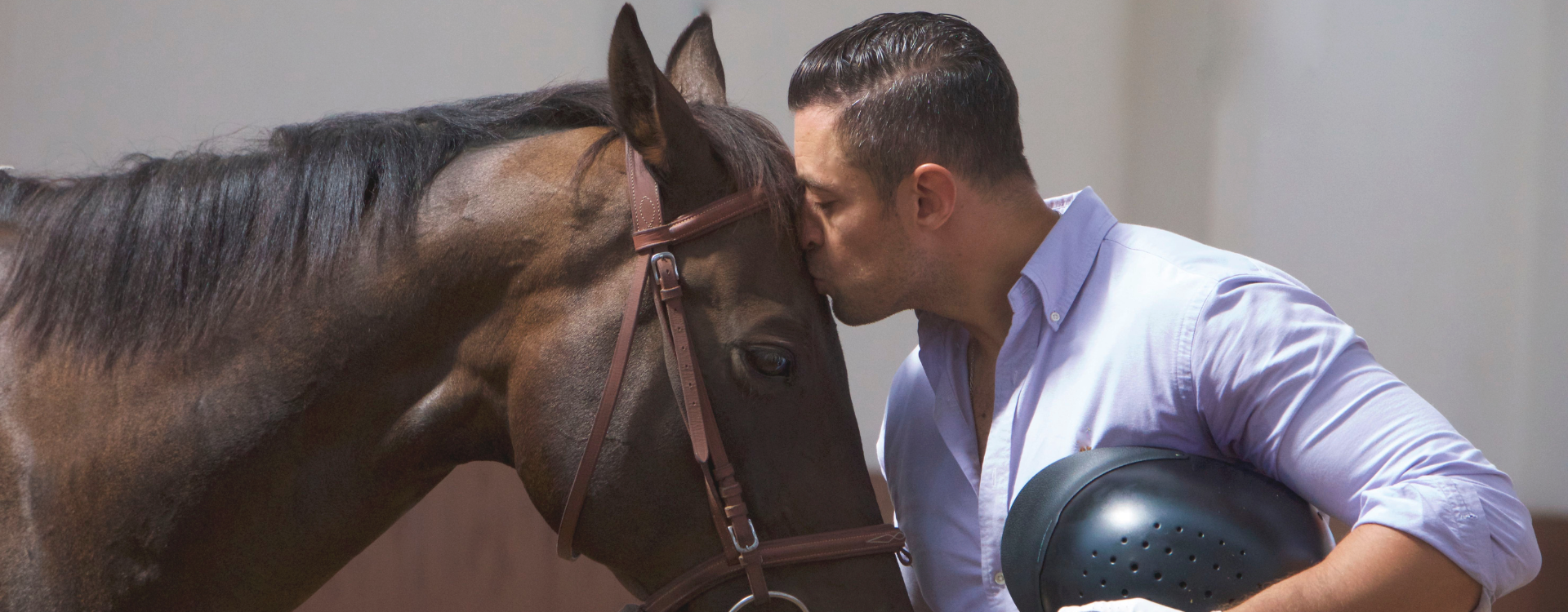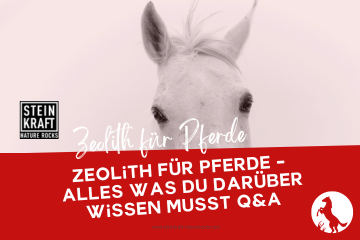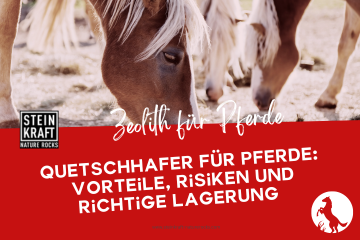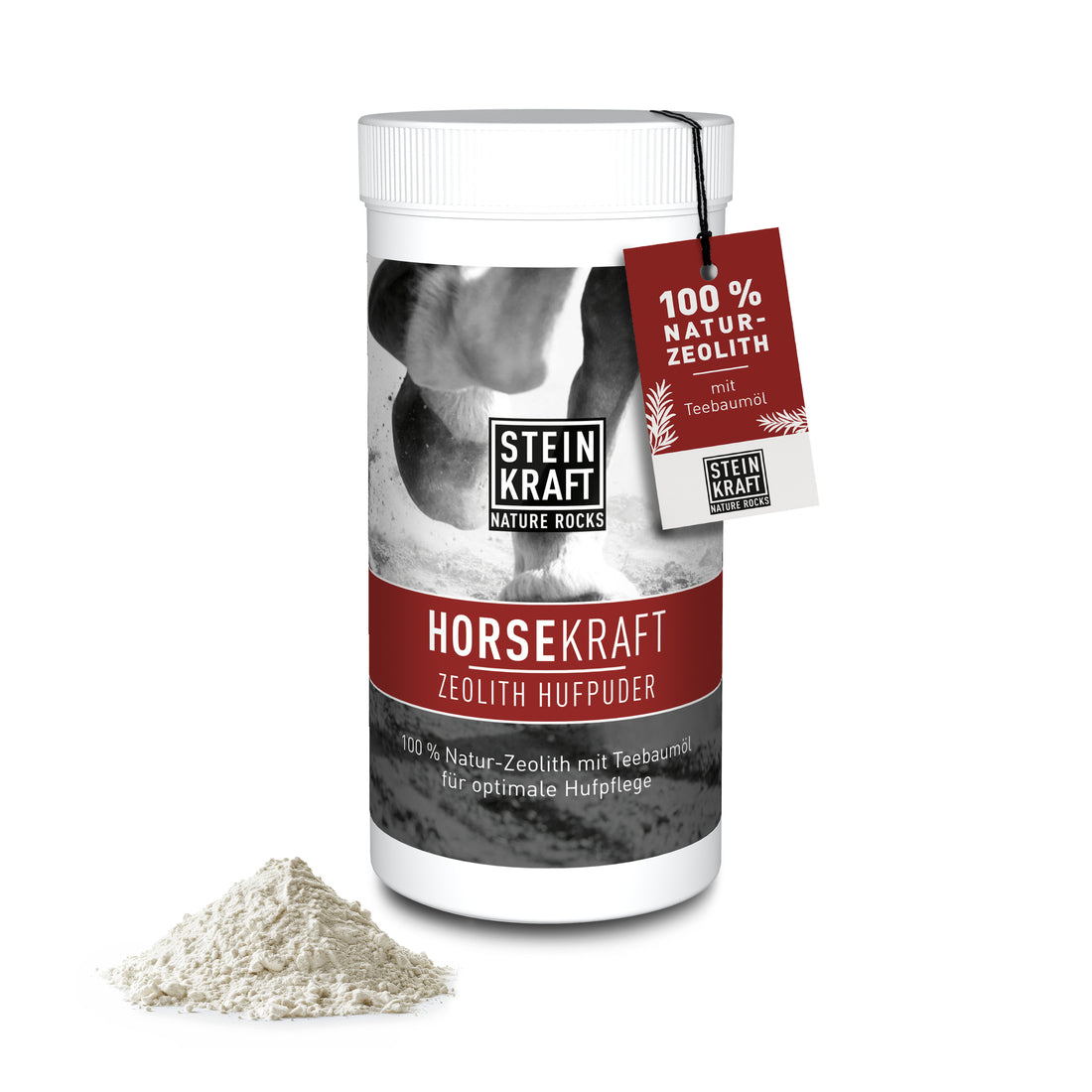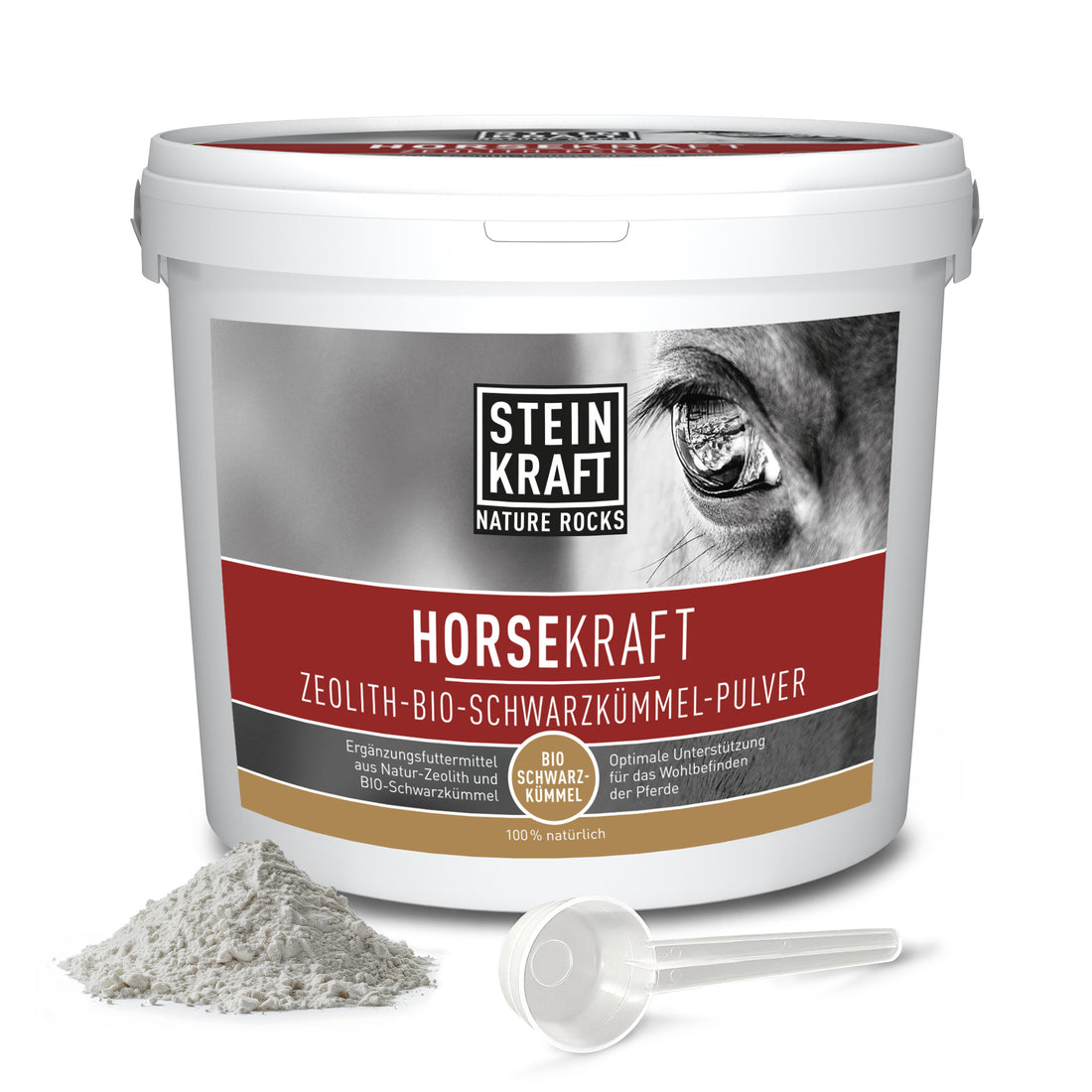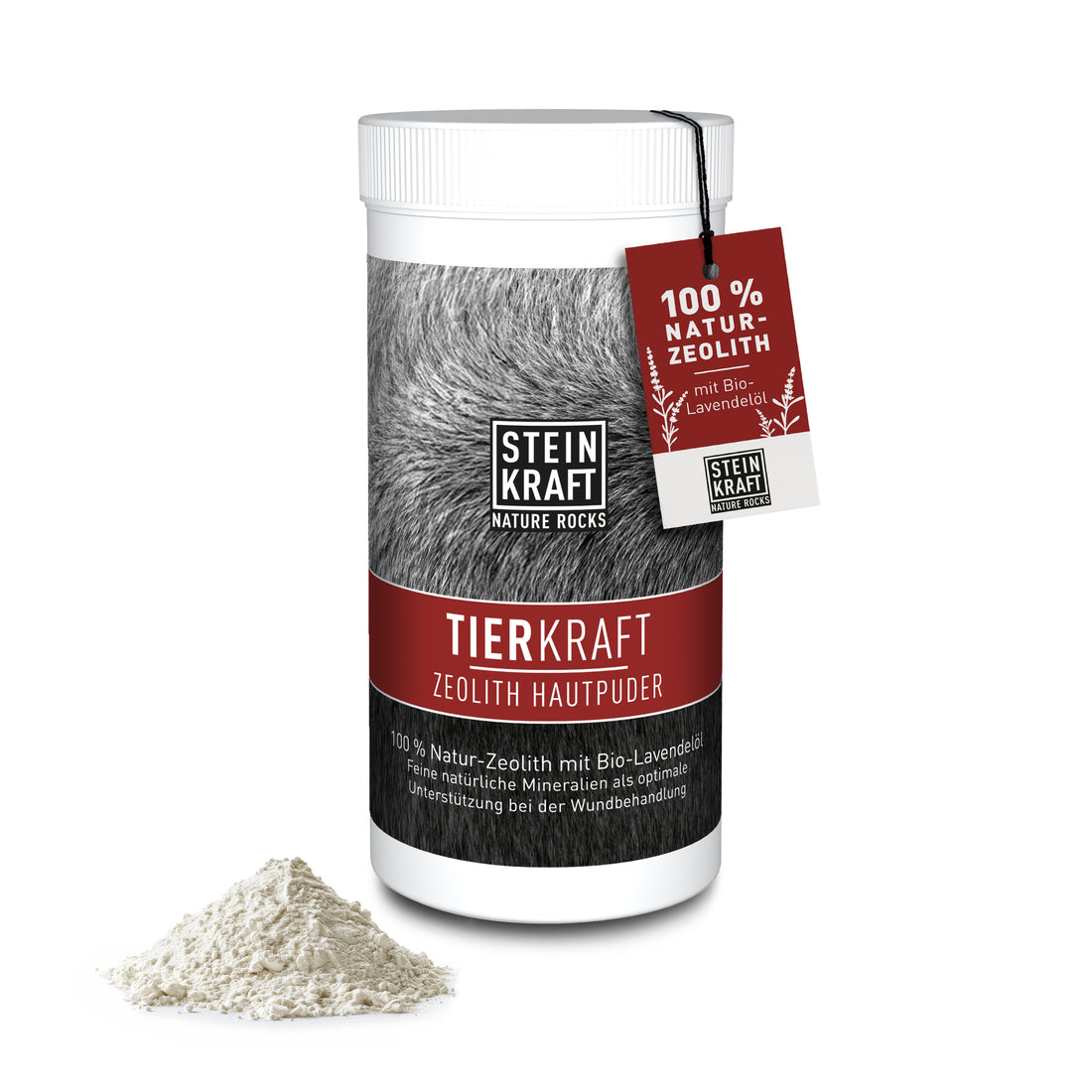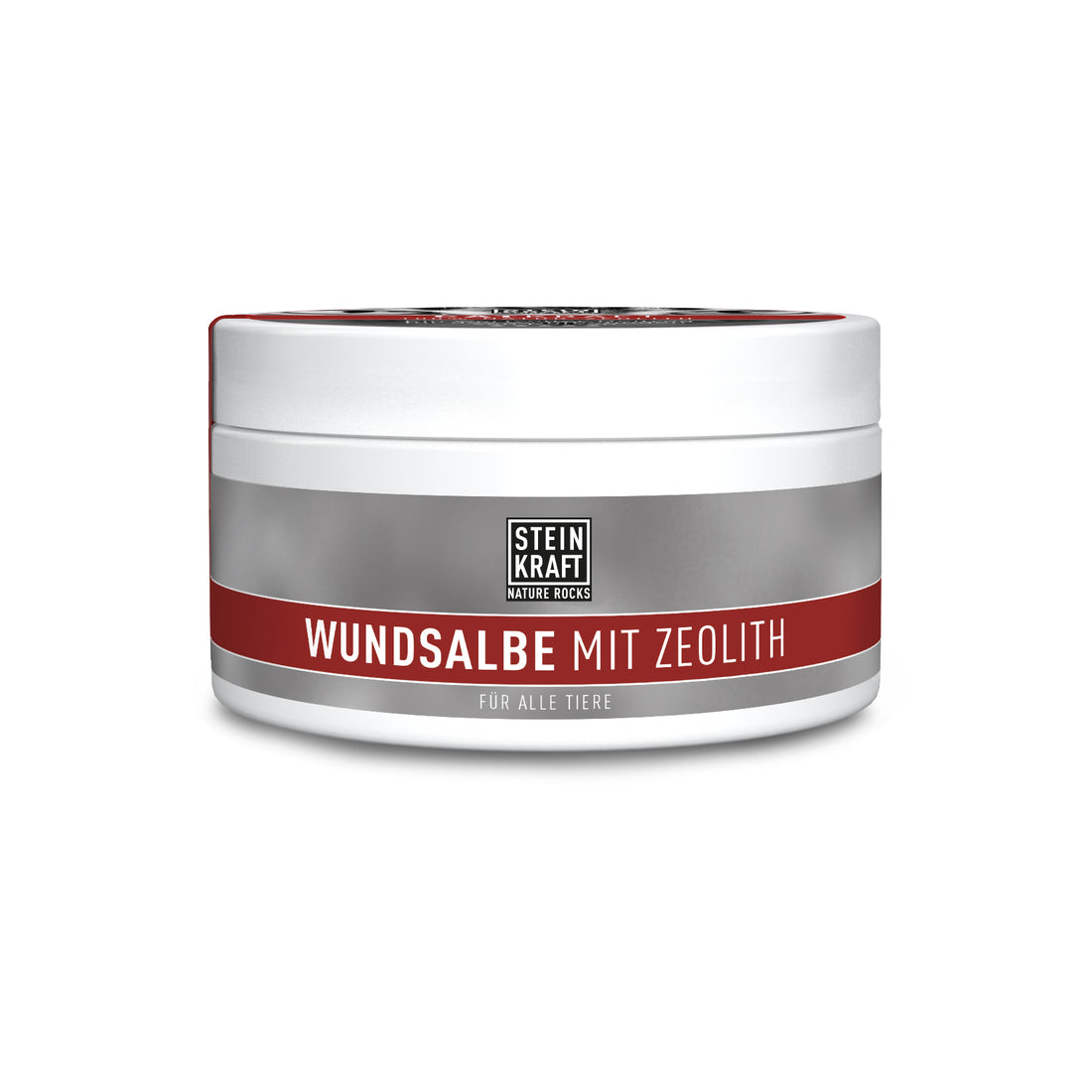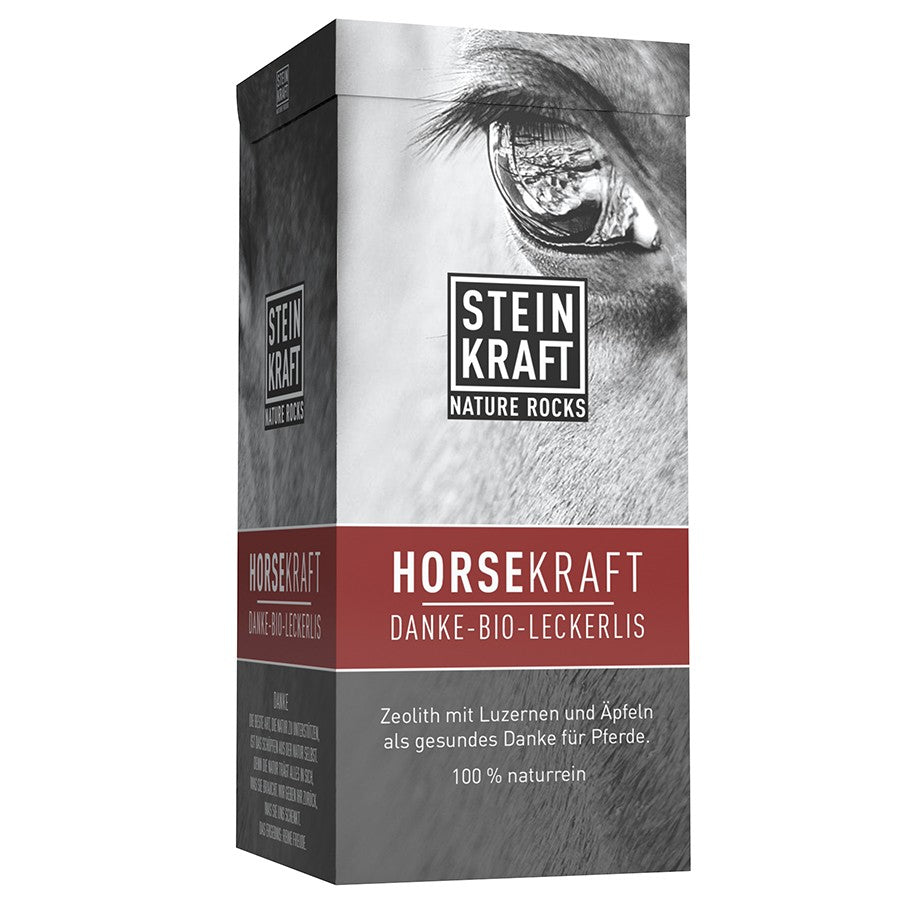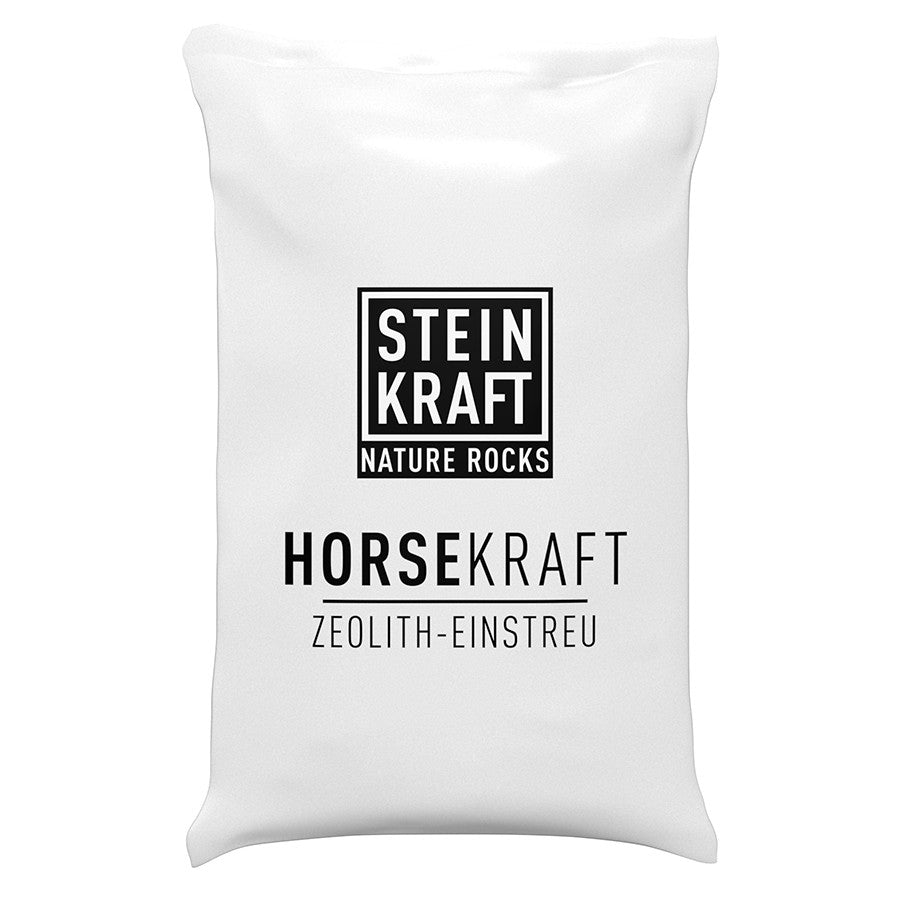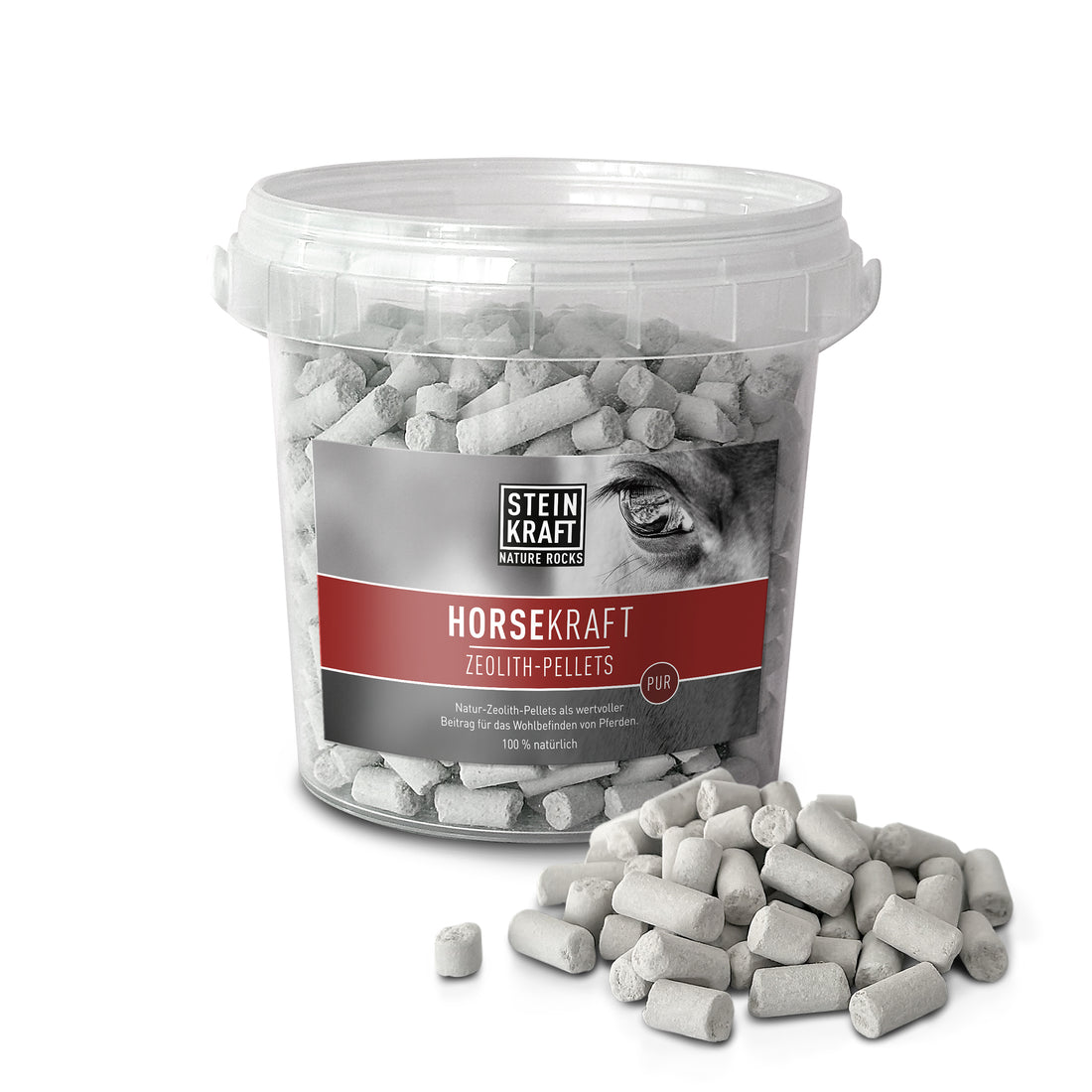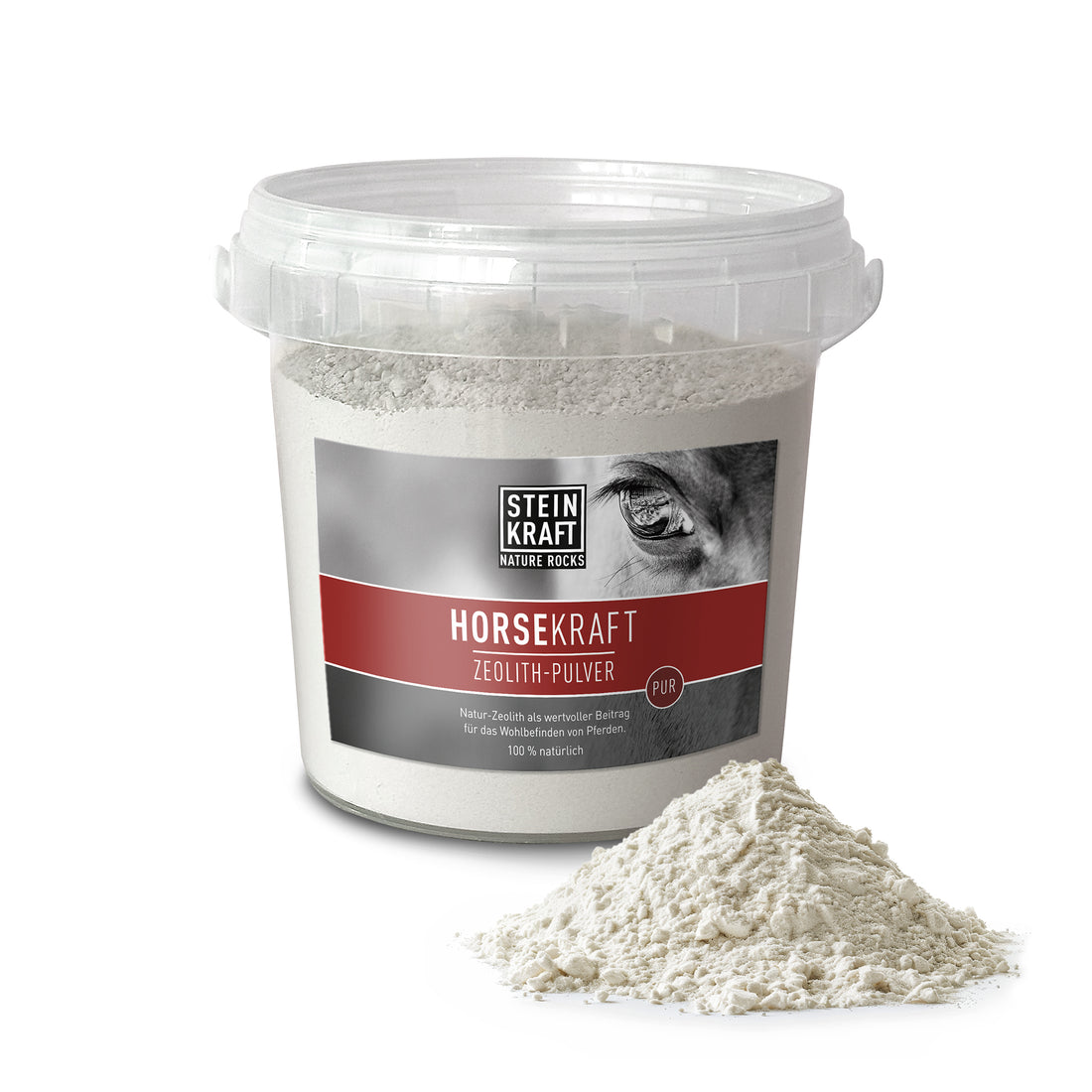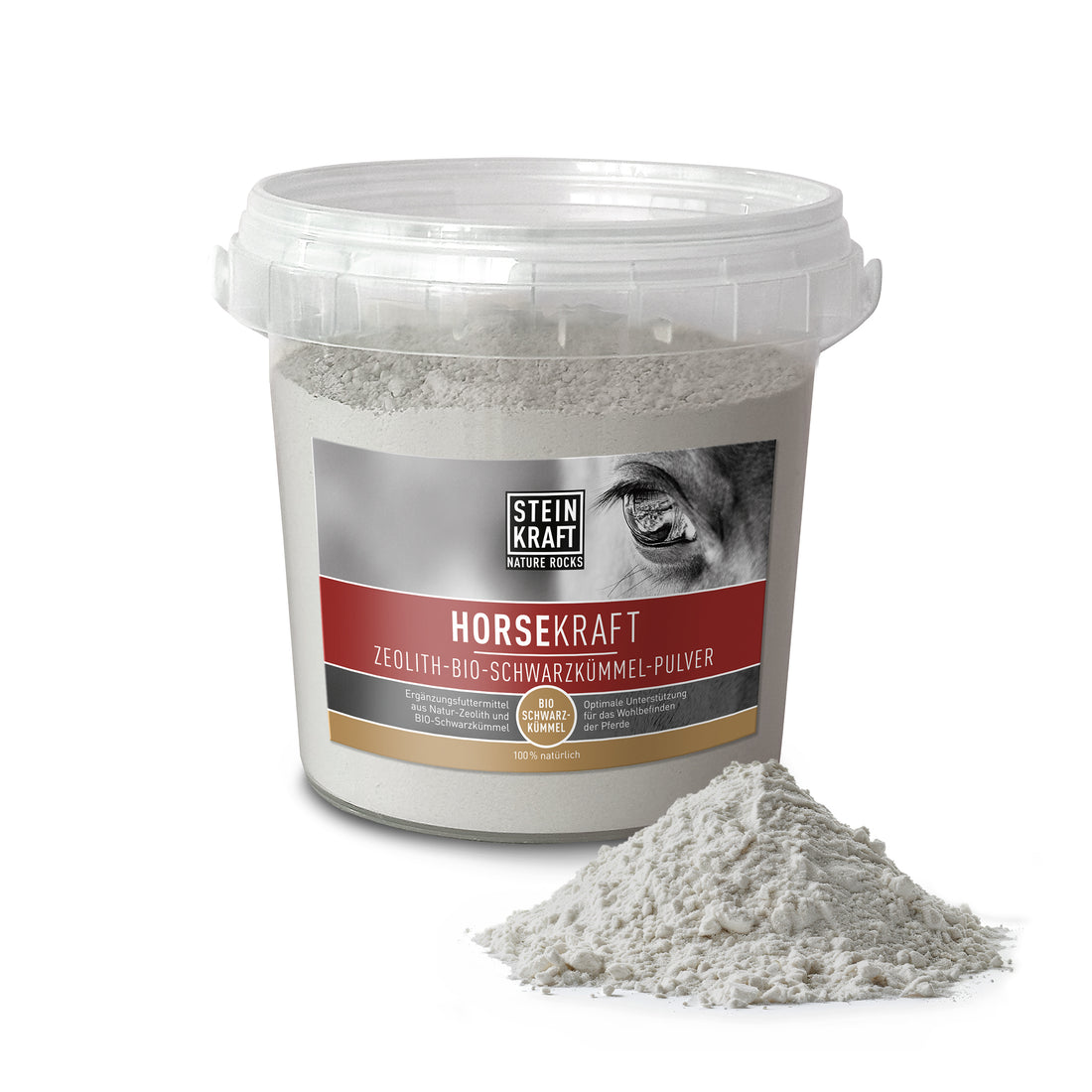Horse owners can understand the special bond we all have with our horses. These majestic animals not only bring us joy and happiness, but they are also investments that require careful care and protection. In this blog post, I want to help us all gain more clarity about horse insurance. Let's think together about insuring our beloved four-legged friends and ask an insurance professional about it.
What is horse insurance all about?
Horse insurance is a package specifically tailored to the needs of horse owners. It provides financial protection in the event of accidents, illnesses, or injuries to your horse. These policies can include a variety of benefits, such as veterinary expenses, liability insurance, loss or theft protection, and even coverage for competitions and events.
Needs of horse owners:
As a horse owner, you've probably already invested a lot of time, energy, and money in your horse. It's therefore important to adequately insure your horse to avoid financial strain in the event of unexpected events. Horse insurance gives you peace of mind that your horse is in good hands, allowing you to focus on providing the best possible care.
Risks for horse owners:
Horses are fascinating animals, but they are also prone to injury and illness. A fall or sudden illness can result in significant veterinary costs. Furthermore, horses can also be unpredictable, which can lead to damage to property or injury to third parties. Without adequate insurance coverage, these costs could quickly become financially overwhelming.
Advantages of horse insurance:
1. Financial protection: Horse insurance offers you financial security by covering most unforeseen veterinary expenses. This ensures your horse receives the best possible medical care without putting too much strain on your savings.
2. Liability insurance: Horse liability insurance is essential to protect you from third-party claims if your horse causes damage to property or injures someone.
3. Theft and loss coverage: Horses are valuable animals, and the loss of one through theft or escape can be devastating. Horse insurance can help you mitigate the financial loss and potentially assist in the search for your horse.
Pro list for horse insurance:
1. Financial protection: Horse insurance provides financial protection in the event of veterinary expenses, surgeries, or medical treatments. You can ensure your horse receives the best possible care without having to worry about the costs.
2. Liability protection: Horses can be unpredictable and cause both property damage and injuries to third parties. Horse liability insurance protects you against claims that could result from such incidents.
3. Theft and loss coverage: The loss of a horse through theft or escape can be emotionally and financially devastating. Horse insurance can help you mitigate the financial loss and support the search for your horse.
4. Peace of mind: As a horse owner, you want to ensure your horse is in good hands. Horse insurance gives you peace of mind, knowing you're financially protected to ensure the best care for your horse.
Cons list for horse insurance:
1. Costs: Horse insurance can come with monthly or annual premiums, which vary depending on the insurance provider and the scope of coverage. Some horse owners may find the additional costs a burden.
2. Limitations and exclusions: Insurance policies often have certain exclusions and limitations regarding coverage. It's important to carefully review the policy terms and conditions and ensure that the most important aspects for your horse are covered.
3. High deductibles: Some horse insurance policies have high deductibles that you must pay yourself in the event of a claim. This can result in you having to pay a significant amount out of pocket before the insurance company will cover the costs.
4. Not all risks are covered: Horse insurance policies may exclude certain risks and events, such as certain illnesses or injuries. It's important to carefully review the policy to ensure the relevant risks for your horse are covered.
It's important to note that the decision for or against horse insurance depends on your individual needs, financial circumstances, and your horse's risk profile. Thorough research and consultation with insurance providers can help you make the right decision.
Q&A - Frequently Asked Questions:
1. Do I really need horse insurance if my horse is healthy?
• Horse insurance isn't just for sick horses. Unforeseen events can occur at any time, and insurance provides you with the protection you need to ensure the best possible care for your horse.
2. How do I choose the right horse insurance?
• It's important to compare different insurance providers and consider your horse's individual needs. Look for an insurance policy that offers comprehensive coverage and fits your financial needs.
3. Does horse insurance also cover competitions?
• Not all insurance policies automatically offer tournament coverage. It's advisable to check this specific type of protection separately and, if necessary, have it included in your insurance policy.
The five biggest challenges horse owners face when choosing horse insurance can be as follows:
1. Variety of insurance offerings: The wide range of insurance companies and insurance packages available can be confusing for horse owners. It can be difficult to keep track of the various options and choose the right insurance policy for your individual horse and your needs.
2. Understanding the insurance terms and conditions: Insurance contracts can often be complex and contain a multitude of clauses, conditions, and exclusions. Horse owners need to thoroughly review the insurance terms and conditions to understand exactly what is covered and what exclusions apply.
3. Assessing Individual Risks: Every horse has specific risks that should be considered when choosing insurance. Whether it's a specific breed, a history of injuries, or planned participation in certain activities, horse owners need to assess their individual risks and ensure the insurance policy provides adequate coverage.
4. Costs and financial burden: Horse insurance can vary in cost depending on the coverage, the horse's age, and its health. Horse owners must carefully consider how much they are willing to pay for insurance while ensuring they are adequately covered without placing too great a financial burden on themselves.
5. Find trustworthy insurance providers: Choosing a trustworthy insurance company is crucial to ensure reliable and prompt settlement in the event of a claim. Horse owners should take the time to research the reputation and experience of insurance companies and pay attention to recommendations from other horse owners or experts.
Matthäus Wimmer , from the insurance agency Wimmer-Dirnberger, answers four important questions and is available for any further questions.
Question 1: Which types of horse insurance are most important for horse owners and why?
The main types of horse insurance that horse owners should consider are:
1. Horse Liability Insurance: This is arguably the most important type of insurance for horse owners. It covers damages caused by the insured horse to third parties. For example, if the horse escapes and causes an accident or injures a person, liability insurance can cover the costs of claims and legal defense. Because horses are large animals, the costs of damages can be significant, so this type of insurance is extremely important.
2. Horse Health Insurance: This insurance covers veterinary costs in the event of a horse's illness or injury. Veterinary costs can be very expensive, especially in cases of serious illness or injury. Health insurance can protect horse owners from unexpected financial burdens and ensure that the horse receives the necessary medical care.
3. Horse life insurance: This insurance pays out an agreed-upon amount in the event of the horse's death due to an accident and/or death. It can help horse owners compensate for financial losses if the horse dies unexpectedly.
Question 2: What specific risks should horse owners consider when choosing an insurance policy?
When taking out horse insurance, horse owners should pay attention to the following specific risks:
1. Scope of coverage: Make sure the insurance covers all relevant risks that are relevant to your horse and your specific situation, such as riding, transport, and participation in events.
2. Deductible: Pay attention to the amount of the deductible you'll have to pay in the event of a claim. A low deductible may result in higher premiums, but you'll have to pay less out of pocket in the event of a claim.
3. Exclusions: Read the insurance policy carefully to ensure there are no important exclusions that may be relevant to your horse or activities.
4. Insurance sum: Make sure that the insurance sum is sufficient to adequately cover potential claims for damages or veterinary costs.
Question 3: What factors influence the cost of horse insurance and how can a horse owner choose coverage that fits their budget?
The cost of horse insurance is influenced by several factors, including:
1. Type of insurance: Horse liability insurance is generally cheaper than horse health insurance or horse life insurance.
2. Sum insured: Higher sums insured lead to higher premiums.
3. Horse breed and age: The breed and age of the horse can affect premiums, as some breeds may be more susceptible to certain diseases.
4. Purpose: If the horse is used for riskier activities such as show jumping or racing, this may result in higher premiums.
Question 4: Are there any limitations or exclusions in insurance policies that horse owners should pay particular attention to?
Yes, horse insurance policies often have certain limitations or exclusions that horse owners should be particularly aware of. These can vary depending on the insurance provider, but some common limitations or exclusions might include:
1. Pre-existing conditions: Insurance companies may exclude pre-existing conditions or injuries that existed before the policy was purchased. Therefore, it is important for horse owners to understand the exact terms and conditions and extent of coverage regarding pre-existing conditions.
2. High-risk activities: Certain activities considered particularly high-risk may be excluded from coverage. These could include, for example, extreme sports or dangerous competitions.
3. Improper care: Damage or injuries resulting from improper care or neglect of the horse may not be covered by insurance.
4. War and terrorism: Damage caused by war, terrorism or similar events may be excluded.
5. Pregnancy and birth: Costs related to the horse's pregnancy and birth may also be excluded.
It is important that horse owners read the insurance policy carefully and, if unclear, ask the insurance provider questions to understand which risks are excluded from coverage. We are happy to assist with this.
Thank you very much, Mr. Wimmer !
Insurance agency Wimmer-Dirnberger GMBH & CO KG
www.wimmer-dirnberger.at or inquiries at office@wimmer-dirnberger.at
Conclusion:
Horse insurance is an investment in the safety and well-being of our horses. By protecting yourself against unforeseen costs and claims, you can focus on providing the best possible care for your beloved four-legged friend. Take the time to compare the various insurance options and choose a policy that meets your individual needs as a horse owner. Give your horse the security it deserves and enjoy your time together to the fullest!


